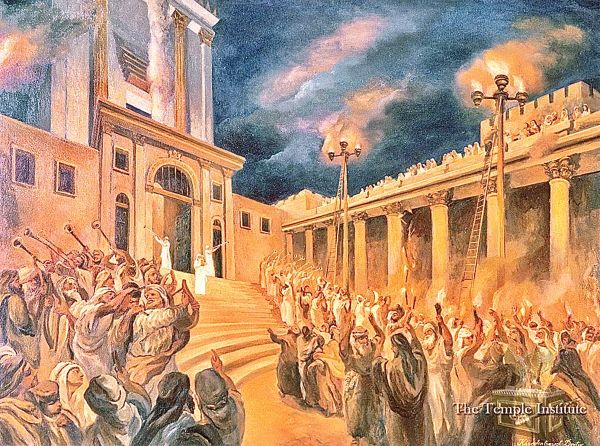The Feast of Tents was famous for its illuminations in remembrance of the luminous cloud that had guided the Jews in their exodus.
Jesus, taking his cue from this custom, proclaimed himself the true Light of the world, the one that does not fade.
Francis, who had a special regard for light, for every lamp he saw lit (as it reminded him of Christ), in the life of the Order and the Church would be considered a point of reference and light for all, following in the footsteps of Jesus.
He was light because of his charity and wisdom; he was light because he did not judge according to the flesh; he was light because he became a Samaritan for every creature.
There is a passage in Celano's Vita Prima that beautifully states:
"How glorious is this Saint, whose soul a disciple contemplated ascending into heaven. Beautiful as the moon, shining like the sun, as she ascended she shone with glory amidst a white cloud.
O true light of the world, shining brighter than the sun in the Church of Christ, you have already concealed your rays from us and, retiring to the splendid heavenly home, you have exchanged our company of miserable mortals for that of the angels and the blessed!
O glorious beauty of such a distinguished herald, do not with your mortal flesh lay aside the care of your children" (FF 514).
In his Admonitions, Francis writes:
"The Father dwells in an inaccessible light, and God is Spirit, and no one has ever seen God. Therefore he can only be seen in the Spirit, for it is the Spirit who gives life; the flesh is of no avail.
But even the Son, in what he is equal to the Father, cannot be seen by anyone other than the Father and other than the Holy Spirit" (FF 141).
In the Light of Christ, the Poor Man himself becomes a torch for his brothers and sisters. Embracing the paradigm of Jesus, he is transformed into 'Alter Christus'.
The young Clare, while still dwelling in her mother's womb, was announced to her mother Ortolana by a voice that said to her (while she was praying before the Crucifix to be saved from the dangers of childbirth)
"Fear not, woman, for safe and sound you will give the world a light, which will add light to the light itself" (FF 3156).
Hence the name Clare "hoping that the promised clarity of light would be realised in some way later" (FF 3156).
"Therefore Clare, while she was alive, shone by the light of her merits: and now, that she is bathed in endless clarity, no less does she still shine, by the marvellous light of miracles, to the ends of the earth" (FF 3262).
By following Jesus, Francis and Clare became light in the Light never dimmed by human egoism and all bent on bearing witness to the Truth.
«I am the light of the world; he who follows me will not walk in darkness, but will have the light of life» (Jn 8:12)
Monday 5th wk. in Lent - year C - (Jn 8:12-20)












